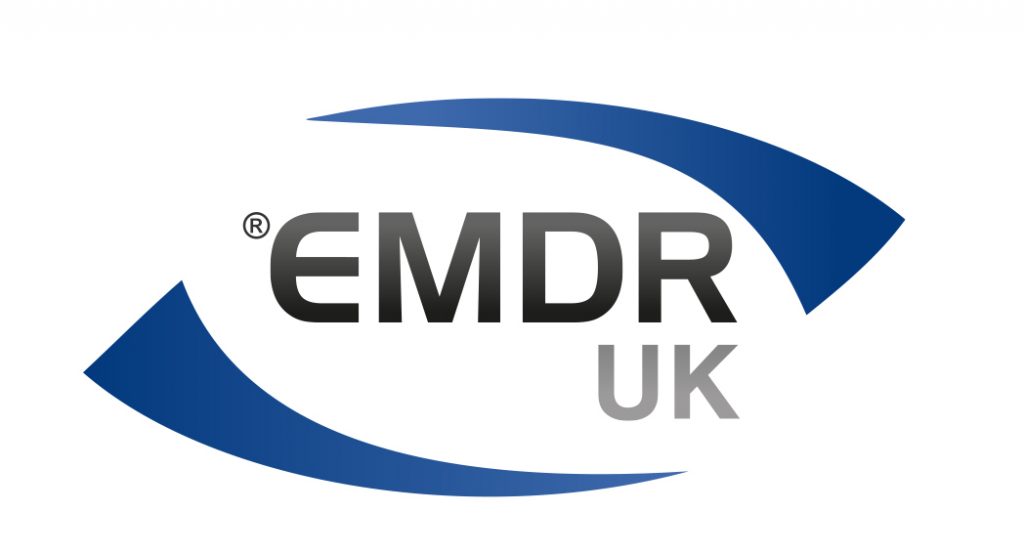This is a list of Frequently Asked Questions (FAQ) about this service and therapy in general. If your question is not listed, please contact me. You can also read client testimonials or articles I have written for the site to learn more about therapy and psychology.
What Is Therapy Like?
Q: What can I expect from your service?
A: i) Consultation: Some people opt for a free 15 min consultation to answer any addition questions they might have about the service.
ii) Assessment: Next, they book an initial assessment session where the client and therapist discuss the key issues the client is facing and think about what would be most helpful. Before assessment clients will be sent an information pack including T&Cs of the service.
iii) Therapy: After assessment, if the client and therapist agree, they may begin a longer term course of therapy. This can last as long as the client thinks is helpful.
Q: Do you offer remote appointments?
A: I do offer both telephone and video calls (skype or zoom typically). Through my research and clinical practice I have a lot of experience of remote therapy and have found it to be a productive way of working. Research suggests that outcomes from remote therapy are comparable to therapy delivered in person.
I also offer face to face appointments in Liverpool city centre. These premises are COVID secure. You can view these premises here: https://www.liverpooltherapyrooms.co.uk/therapy-rooms
Q: Do I have to talk a lot about X painful experience?
A: No, the types of therapy I work with focus more on what people can do differently in the future to better cope with the challenges they are facing. They do not depend on talking a lot about painful things from the past.
Q: What sort of times do you offer appointments?
A: My main clinics are on Monday, Tuesday and Wednesday. I offer afternoon and evening slots and will always try and be flexible with the timing of appointments where possible.
What Do You Do?
Q: What is a Clinical Psychologist?
A: A Clinical Psychologist is a professional who specialises in helping people who are in distress to improve their psychological wellbeing. The most common way they do this is through therapy. They are trained in a wide range of approaches and to work with a wide range of issues.
Clinical Psychologists have to obtain a Doctorate of Clinical Psychology (DClinPsy) to use the title. Most Clinical Psychologists train/work for at least eight years before they qualify. Clinical Psychologists have to train as both scientists and therapists to ensure that their work is based on the best available evidence.
Q: Do you do X specific type of therapy?
A: I work using four main specific types of therapy: Acceptance and Commitment Therapy (ACT), Metacognitive Therapy (MCT), Cognitive Behavioural Therapy (CBT) and EMDR.
However, as part of my Clinical Psychology training, I have also been trained to work flexibly without a specific model when required. Learning a type of therapy is a lengthy process and I would not attempt to do a type of therapy that I am not confident in.
Q: Do you prescribe or advise about medication? Do you offer counselling?
A: Clinical Psychologists do not work with medication, that would normally be done through a GP or psychiatrist. Clinical Psychologists also are not usually trained in counselling, this is a separate profession with its own skill set.
They are both types of therapy and the specific difference vary between therapists, although usually counselling involves more talking about your problems, whereas psychology is more focused on developing new ways of coping.
Q: What should I do if I have an urgent problem?
A: This is not a crisis service; if you have an urgent problem you should either report to your GP or go to A&E/phone an ambulance.
Q: I know someone who needs help, can you help them?
A: Therapy requires commitment from both the client and the therapist. It is positive that you are looking out for someone that you care for, but if they do not want to engage then therapy will not help them.
Q: Do you work with children?
A: I do, although depending on the particular issue there may be more appropriate services. If you would like to discuss this, please get in touch with more details.
Q: Do you offer legal assessments and reports?
A: Yes, typically your solicitor or similar will contact me with information about the case. We will agree time frames for conducting an assessment and writing a report detailing my opinion about the situation. I do my best to produce these reports in a timely manner because I know how long and frustrating legal processes can be.
Fees and Payment
Q: Do you take insurance?
A: Yes, I take Bupa, AXA, Aviva, Healix and Vitality Health insurance.
Q: Why are you prices lower on your own website, as opposed to x therapist directory?
A: Therapist directory sites charge the therapist a fee for every session. When people book with me directly there is no additional fee and I split the savings with my clients.
Confidentiality
Q: How do you manage confidentiality?
A: Everything we discuss is confidential, with one major exception; if I think someone is at risk of harm or has committed a serious crime I have a professional and legal obligation to tell the relevant authorities. I would always try and discuss breaking confidentiality with clients first, when possible.
Q: How do you manage my data?
A: This therapy service is GDPR compliant. I only keep the minimum amount of personal, identifiable data necessary to provide a high quality and safe therapy service. Data is stored securely. More information about data handling is available on request. This website specifically does not collect personal, identifiable data. This is only if you opt for appointments with us.
Helpful Resources
Q: Can you recommend any helpful resources?
A: The three resources I most commonly recommend to my clients are: 1) The free World Health Organisation illustrated guide to Acceptance and Commitment Therapy (ACT)
2) The ACT self-help book ‘The Happiness Trap‘ by Russ Harris
3) The free mindfulness smart phone app ‘Smiling Mind‘. These can be used to give someone an idea of how psychology can help them to make changes before beginning therapy, or to help them keep their momentum going after therapy is complete.
If you would like more information please contact me.
Email: info@drandrewmorgan.co.uk
Telephone: 07367 185 660
Home/Therapy/Issues/About/FAQ/Contact/Privacy

